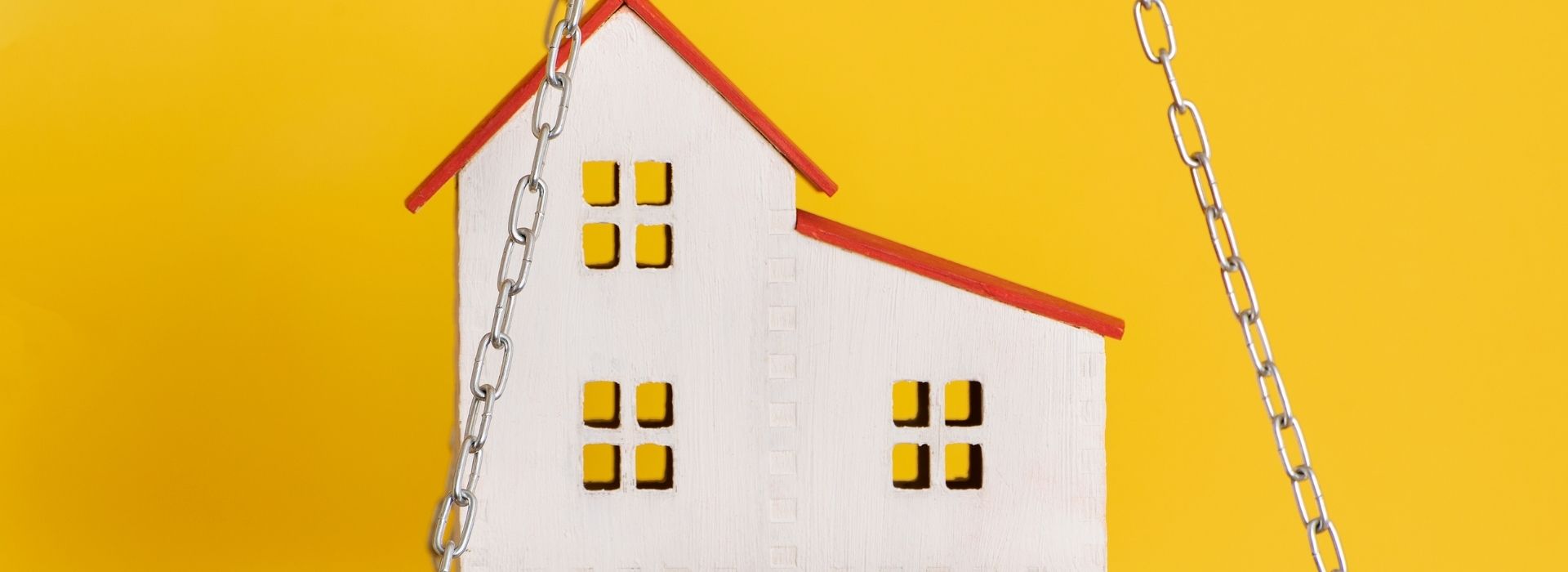Student Loans
Great Lakes Credit Union has everything you need to help manage your money and plan for the future.

Money SmartsFebruary 18, 2019
Your home will probably be your greatest financial investment, and doing what you can to protect that investment it is a constant effort. Smaller and larger factors, ranging from the way you keep your lawn to the way you renovate your bathrooms, will affect the value of your home in the long run. Several other factors that impact your home’s market value are out of your control. The best way to understand how value works when it comes to your home is to learn what these elements are.
1. Location
The home experts at Trulia tell Forbes that two similar homes in the same neighborhood would be valued differently depending on where they’re located. A home that’s nestled in a quiet cul-de-sac will earn a greater return on the market than a home that sits right in front of a well-traveled road or busy highway. Other location deterrents include being adjacent to a vacant lot or set too far from certain conveniences like grocery stores and gas stations. Conversely, if your home is situated near popular restaurants, coffee shops or other thriving establishments, you could see a boost in your home’s value.
2. Neighbors
Tying into the idea of location are the people located around you — your neighbors. The Balance’s Erin Eberlin writes that a neighborhood marked by unmaintained yards, shoddy homes and vacant or foreclosed homes will have a negative effect on the value of your home. While this factor is difficult to control, there are steps you can take to swing the pendulum if you sense the neighborhood taking a turn for the worse. Specifically, you can politely talk to your neighbors about your concerns and recommend homes for sale in the neighborhood to individuals who are ambitious and eager to turn a negative into a positive.
3. Renovations
Outdated decor can lower the value of your home — even if you’re of the opinion that a classic style adds a personal touch that you prefer. Potential buyers don’t want to walk into a time capsule, and they most likely aren’t interested in taking up extensive home improvement projects like kitchen or bathroom renovation so quickly after moving into a new home. If you believe that there is a possibility you could one day sell your home, it’s important to consider how your renovation plans will hold up in the eyes of someone else. Naturally, it’s good for your home to accommodate your wants and needs, but if you’re considering ripping out the bathtub and putting in a walk-in shower, you may want to get a sense of what’s preferred on the market.
4. Weather
If you live in an area that is prone to natural disasters such as earthquakes, tornadoes, floods, mudslides, hurricanes and tsunamis, Eberlin writes that your property value will take a hit to accommodate the risk. Even if your property survives a natural disaster and you are able to repair the damage through your homeowner’s insurance, she warns that you might still have trouble when it comes to selling it since buyers will have apprehensions about moving into an area where disaster has struck in the past.
Keeping these factors in mind, you’ll be able to better protect your investment for longer. Then, when it comes time to sell your home, you’ll find the payoff well worth the work you put in.